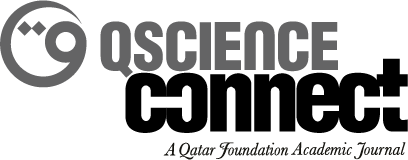-
oa Cyproheptadine for central hypertension?
- Source: QScience Connect, Volume 2014, Issue 1, Mar 2014, 12
-
- 05 March 2014
- 08 April 2014
- 01 May 2014
Abstract
Background: Approximately one-fifth of paediatric intracranial tumors result in hypertension. The condition is difficult to treat in this population, particularly if it is refractory, since there is little guidance on patient management beyond first-line therapy with IV labetalol. Methods: A 20-month-old patient was hospitalized with cerebral herniation-induced loss of consciousness and a posterior fossa mass was found. Although several first-line treatments including IV labetalol, furosemide, amlodipine, clonidine, and atenolol were administered, the patient's hypertension persisted. With few options left, positive findings from previously published case reports led the team to administer cyproheptadine. Results: Cyproheptadine resulted in improved blood pressure and allowed for a dose reduction in other antihypertensives, but elevated liver transaminases and suspected hepatotoxicity several weeks later resulted in the discontinuation of this treatment. Conclusions: Despite the safety concerns associated with using cyproheptadine to treat paediatric central hypertension, this treatment holds promise for persistent refractory hypertension as a last-line agent when all other treatment options are exhausted. Clinical use of this agent should be investigated in future studies, under careful supervision.


